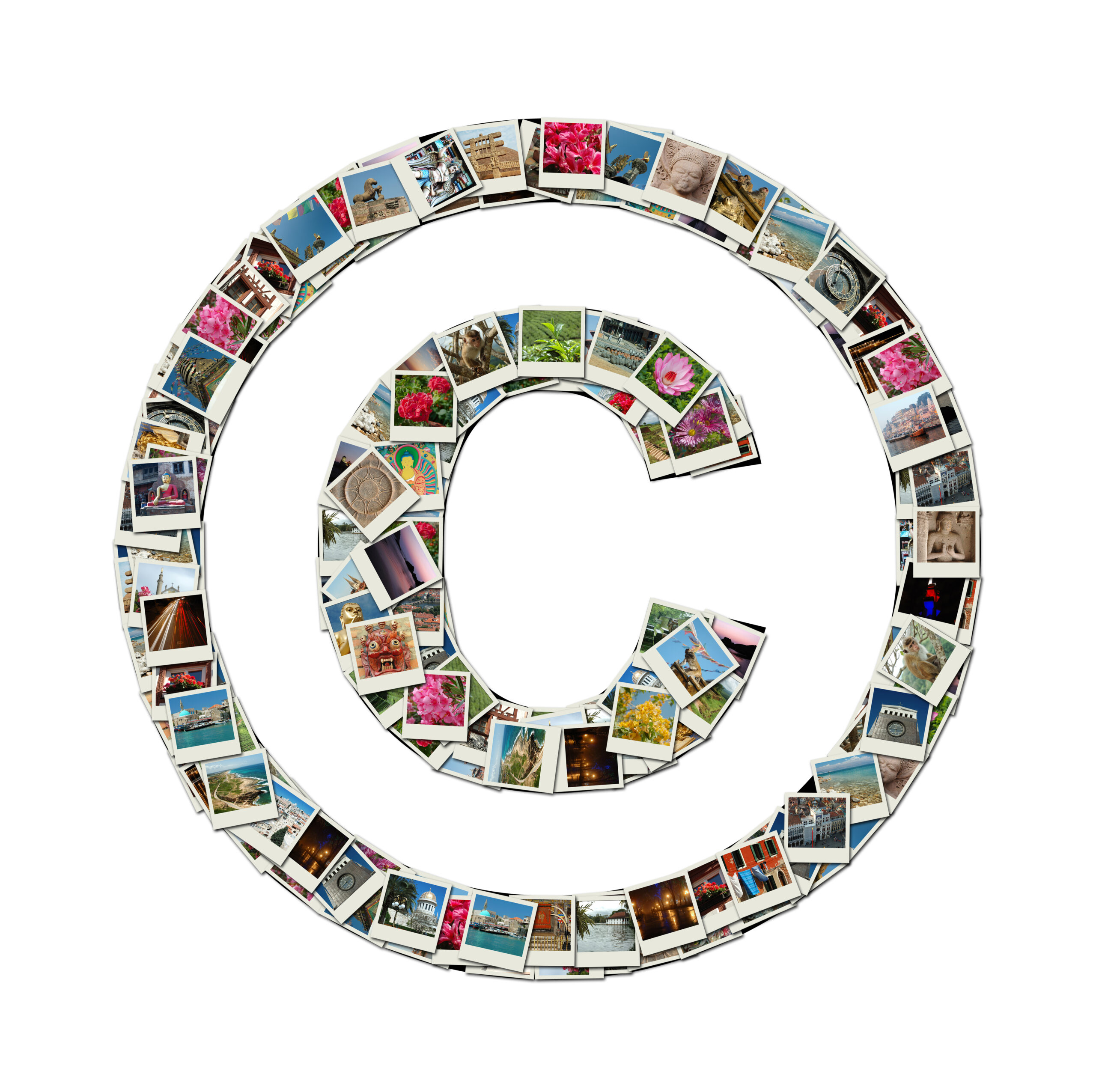Nowhere in copyright law does it say you have to hold a degree to create original work. It does not say you need a resume or professional equipment to make money from a copyright of a photo either. What you do need is to capture a valuable image.
That means being in the right place at the right time and snapping that photo from just the right angle. The other step? Register the image — and swiftly.
Timing Is Crucial for Copyright Registration
Under American copyright law (17 U.S. Code § 412), as long as the date of registration is “not later than the earlier of three months after the first publication of the work or one month after the copyright owner has learned of the infringement,” you have met the first requirement of filing a successful copyright infringement case.
The wording provides a failsafe even when you do not initially realize one of your snapshots will wind up being a new revenue stream. This is exactly what happened to one unassuming New Yorker recently when his random photo was exactly what the media needed.
Pay Attention to the Professionals Around You
When the Brooklynite noticed a neighborhood scuffle between New York police and a single man, he pulled out his smartphone and recorded what he saw. He did not know until a friend posted the photo online, but his image captured a suspected terrorist being apprehended by law enforcement.
A number of news organizations approached him the right way and asked to license the photo for use with their stories. And paid him for those rights. So when he discovered that one media organization used his photo without permission (and without payment) he likely had grounds for an infringement case.
Because he obtained a copyright registration for the photo soon after discovering the infringement, he was legally able to seek statutory damages and attorneys’ fees through a copyright infringement case.
Hire a Copyright Attorney to Ensure Successful Protection of Your Work
The pedestrian/photographer who captured the important moment engaged professional legal counsel who guided him through the pursuit of his copyright infringement claim against the media company, who did not obtain the photo through proper channels.
Cox Media Group knew their misstep and presented a fairly weak argument of fair use based on the fact the image was posted on social media (not a strong defense) and the author was not intentional in capturing the image for financial gain, and therefore not “sufficiently creative.”
The judge did not agree and found the media giant clearly at fault. In large part, hiring a legal professional was key in ensuring the author of this photo met all requirements for his infringement case.
If you have questions about whether to obtain a copyright registration for any of your own personal images or if you believe your copyright has already been the subject of infringement, reach out to Crystal Broughan of Marks Gray for a case review.
